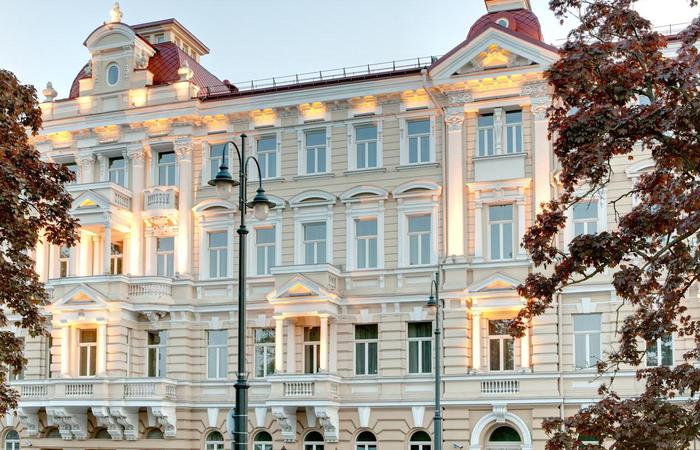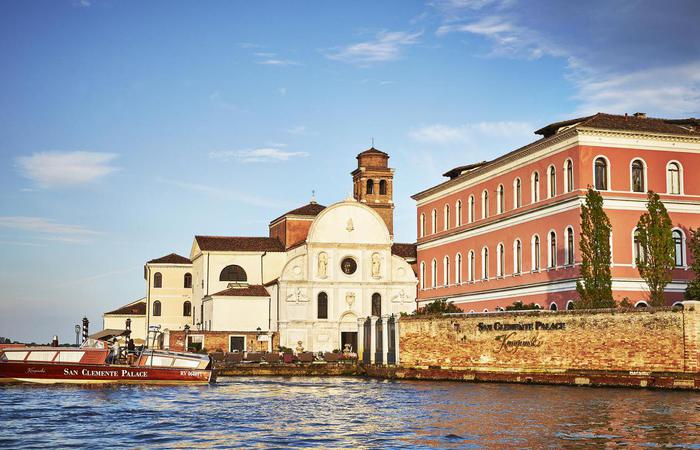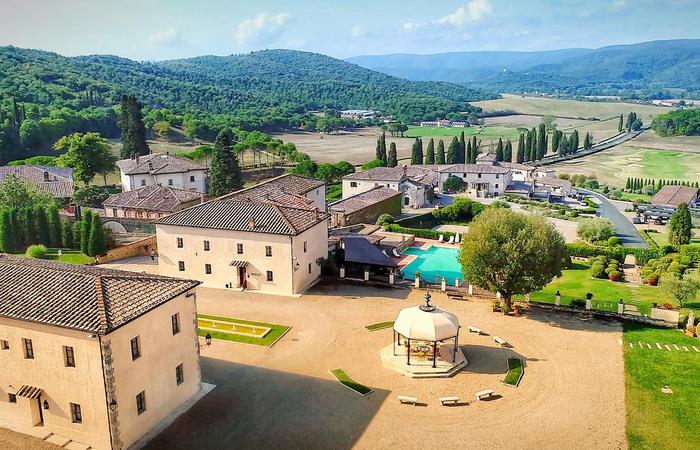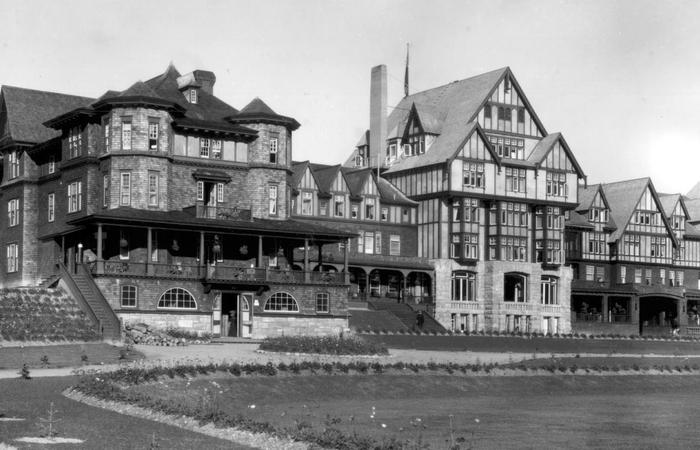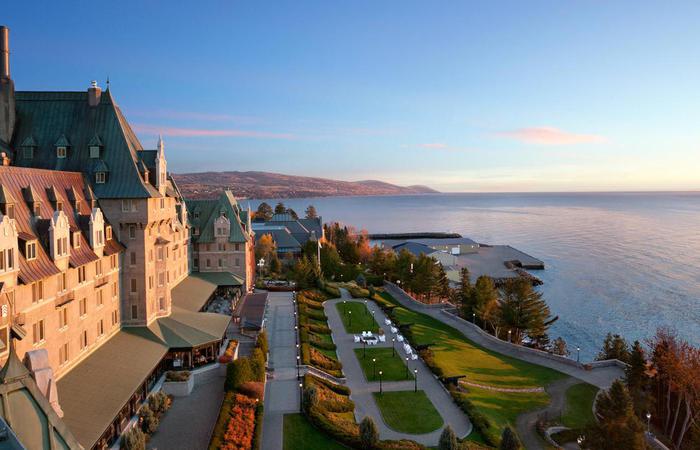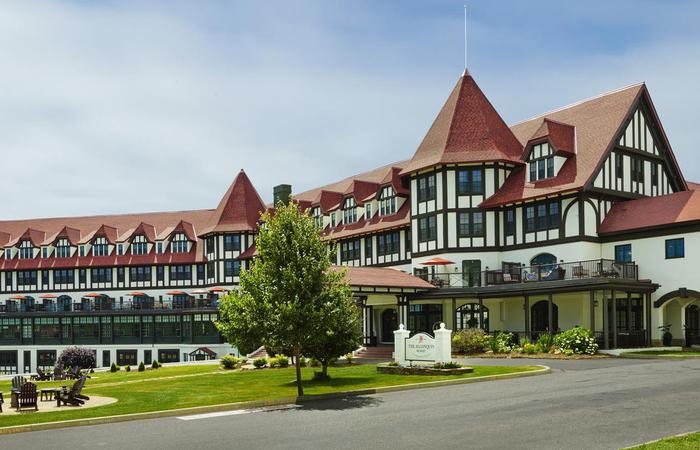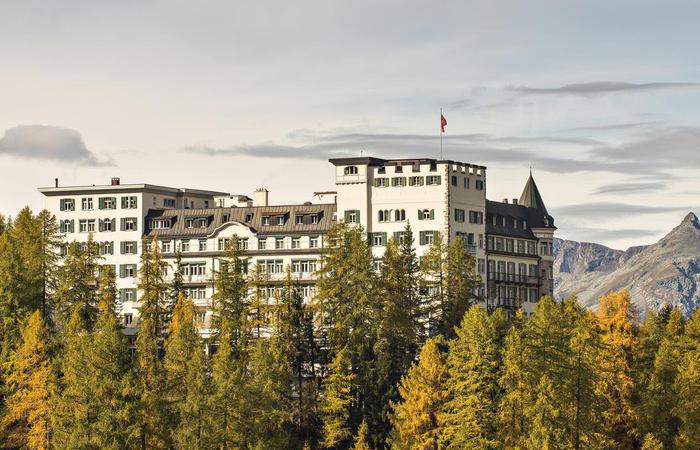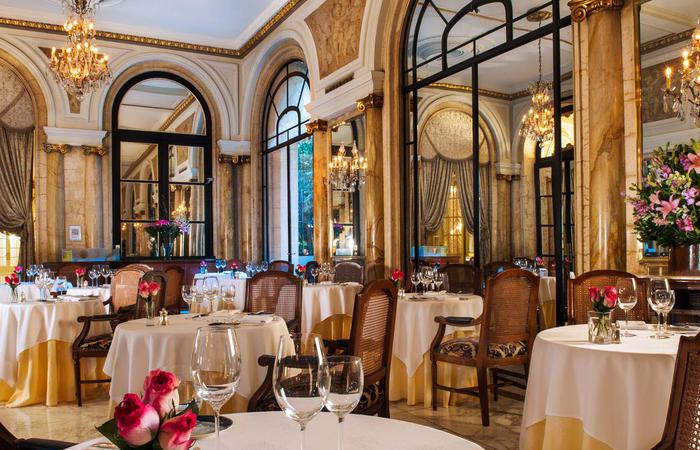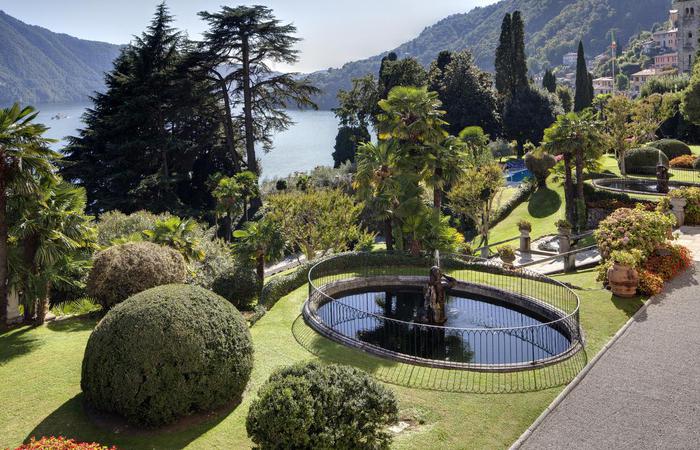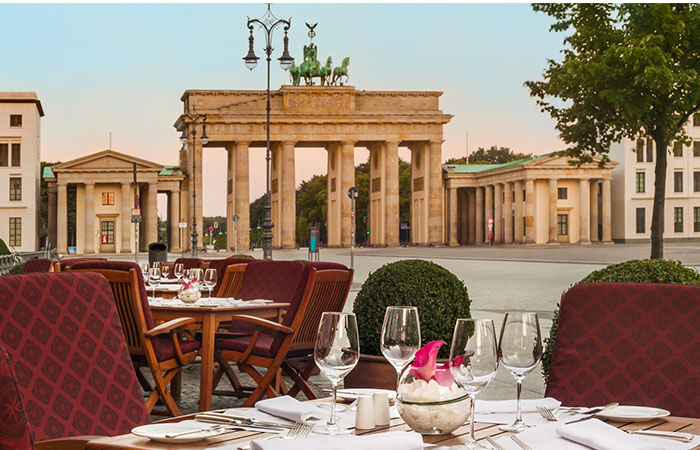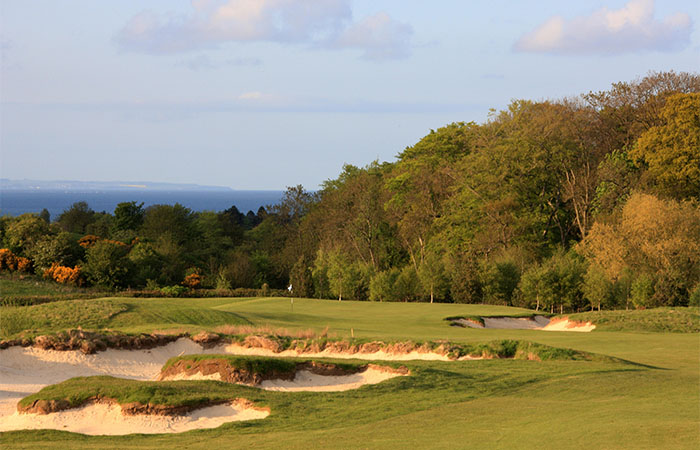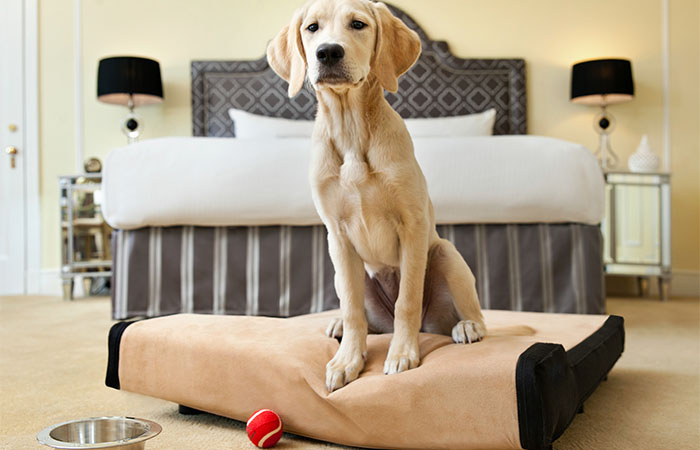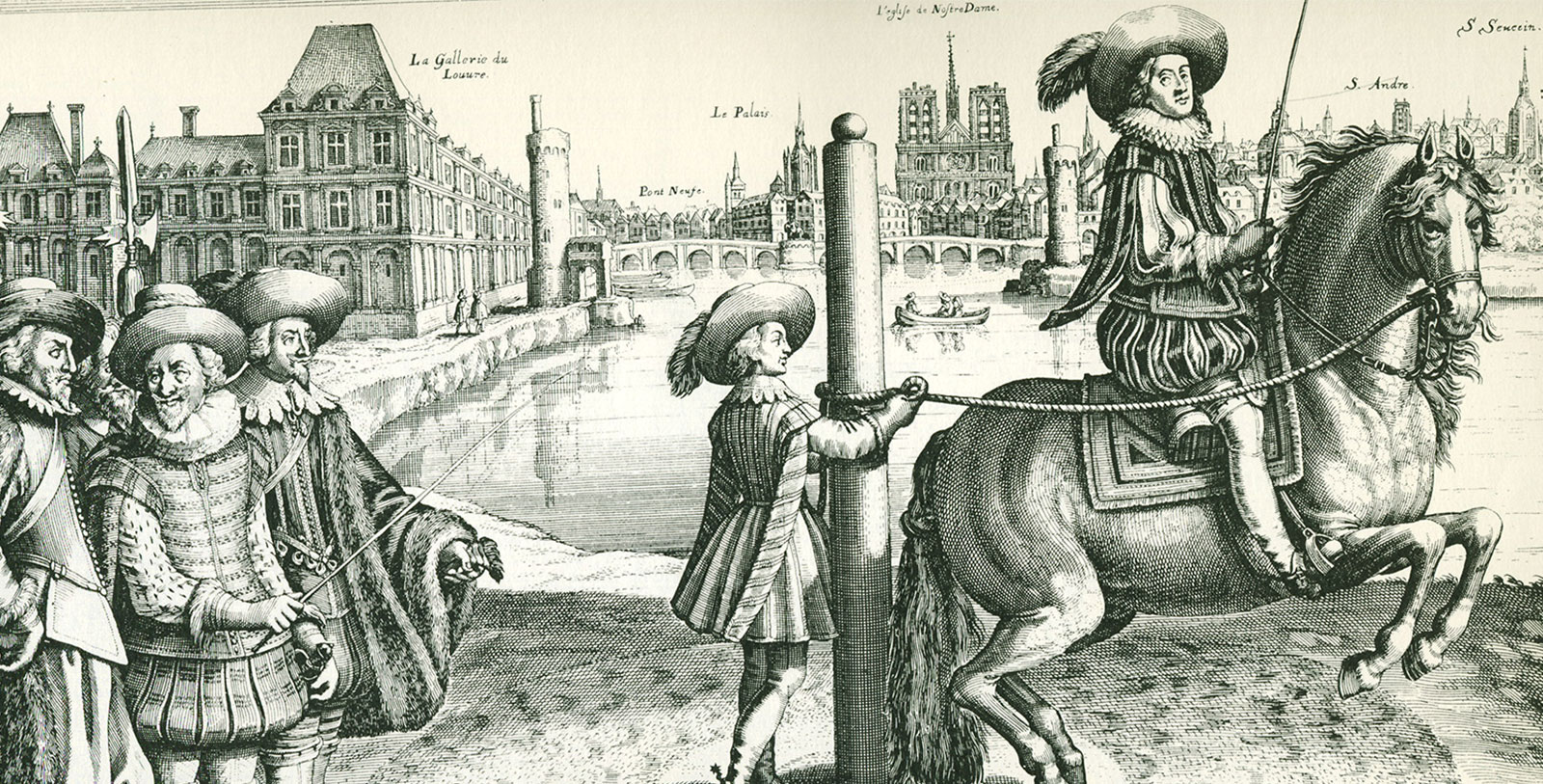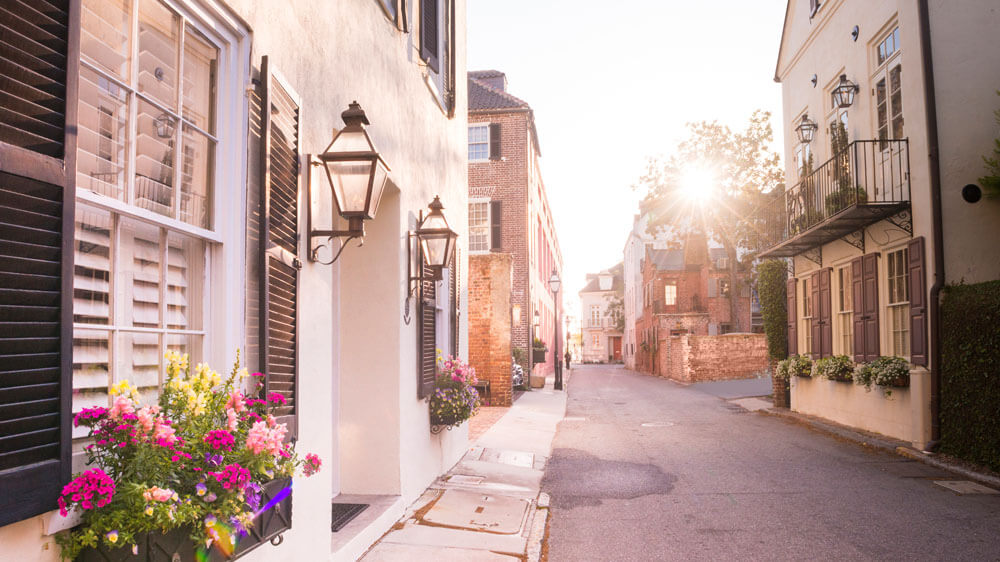Receive for Free - Discover & Explore eNewsletter monthly with advance notice of special offers, packages, and insider savings from 10% - 30% off Best Available Rates at selected hotels.
history mystery
At which historic hotel did 16th-century French nobility learn equestrian skills?
Established in 1898, the Hotel Regina Paris company tasked the architect Armand Sibien with converting the residential building it had recently acquired without altering the façade and existing archways. These architectural elements were reminders of the historic provenance of the building and of the land it rests upon. Situated at the corner of place des Pyramides, the Hotel Regina Louvre stands at the precise location where the famous riding school, Academie d'Equitation, was established by Antoine de Pluvinel. Known as the first of the French riding masters, Pluvinel served as the principal squire for numerous French nobility, including King Henri III, King Henri IV, and King Louis XIII.
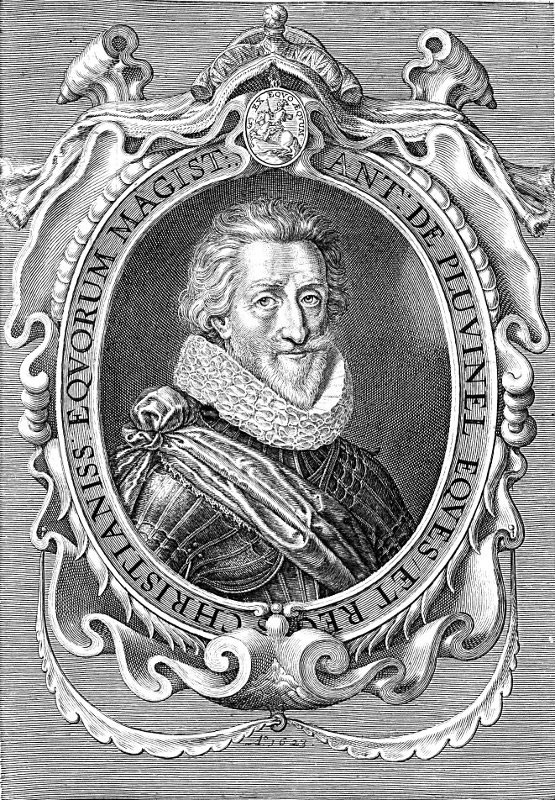 Engraving of Antoine de Pluvinel from Le Maneige Royal |
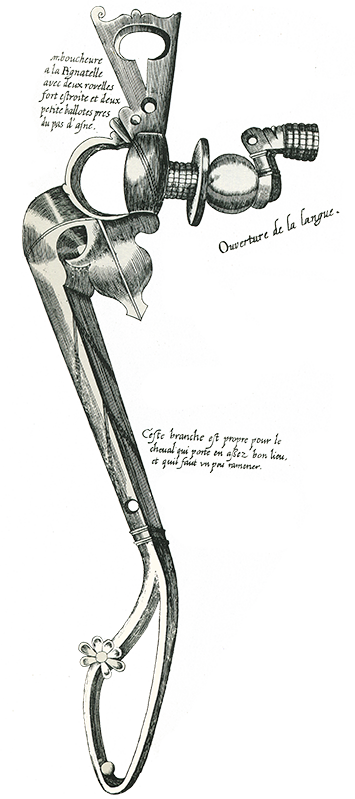 Engraving of horse bit from Le Maneige Royal |
Opening in 1594, the Academie d’Equitation not only provided training in horsemanship, but also in all other matters suitable to aristocratic gentleman (dance, fashionable dress, mathematics, art, and music). The popularity of Pluvinel’s school granted him substantial influence over the French aristocracy from the late 16th century to the 17th century, having instructed not only the Kings but also their advisors such as Cardinal Richelieu, the future Prime minister of King Louis XIII.
Today, Pluvinel is admired for his emphasis of treating the horse as an intelligent being and teaching it with kindness and gentleness. Pluvinel attributed his philosophy to Xenophon, who had argued for the compassionate training of horses centuries prior in his treatise “On Horsemanship.” In his book Le Maneige Royal (L'Instruction du Roy en l'exercice de monter à cheval), Pluvinel writes: “But in so far as the perfection of an art lies in the knowledge of how to begin it, I am very well advised in this regard, to teach the horse his first lessons, since he finds them the most difficult, in searching for a way in which to work his brain, rather than his thighs and shanks, while being careful not to annoy him, if possible, and not to rob him of his gentleness.”
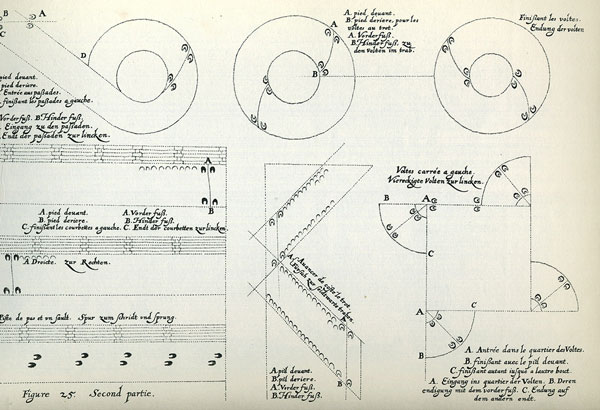 Pluvinal's notes on dressage movements |
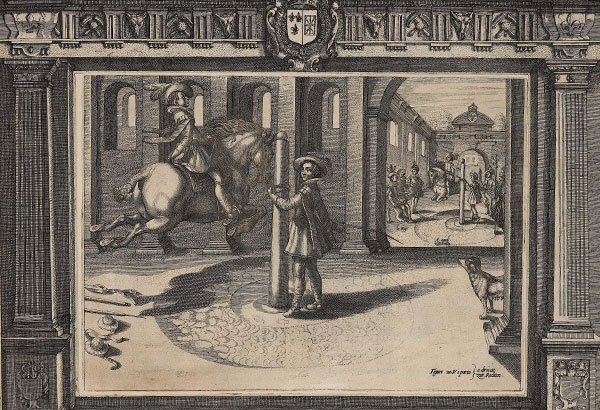 Engraving of voltes exercise from Le Maneige Royal |
Considered as a major influence on the practice of modern dressage, Pluvinel also advanced the technical, gymnastic side of training over his predecessors. In order to supple the horse more effectively, he employed voltes and the three-track shoulder-in movement, which has since become a key lesson of dressage. He is also said to have invented the work between two pillars, which is a highly effective tool for developing dressage movements like the piaffe and the levade.
Today’s guests to the corner of place des Pyramides will not find horses and stables, but a luxurious hotel with rich roots. In homage to the history of the location, one of the Hotel Regina Louvre’s premier event spaces is named for the riding master. Guests looking to host a cocktail party, banquet, or even an educational seminar should consider the Pluvinel room with its warm and welcoming atmosphere.
This has been a Historic Hotels History Mystery.
For more fun facts, trivia, and historic highlights, check out our History Mystery pages for Historic Hotels of America and Historic Hotels Worldwide. Subscribe to our newsletter below and follow us on social media to play along.
Question: At which historic hotel did 16th-century French nobility learn equestrian skills?

